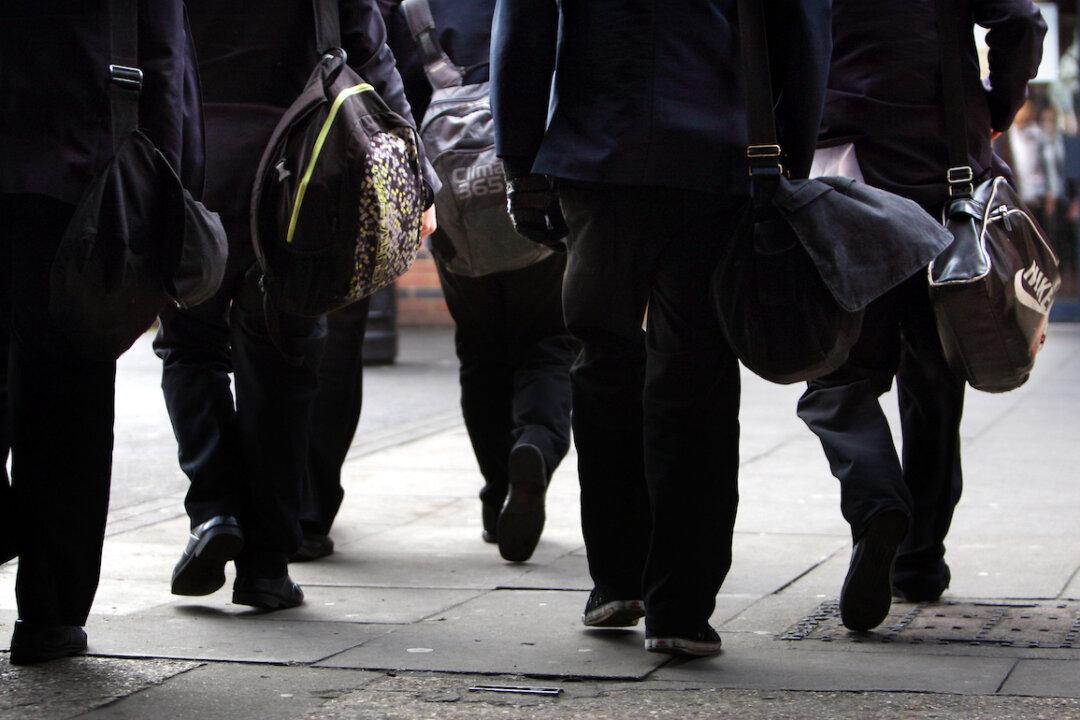Reducing police powers to strip-search under-18s “only serves to increase the attractiveness of children for criminal exploitation,” a former government special adviser has said.
Rory Geoghegan said the police powers are needed because children are “often” forced or coerced into “concealing dangerous drugs on and around their bodies by vile individuals” seeking to profit from crime.





